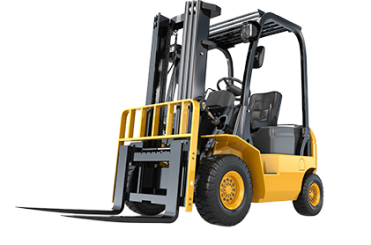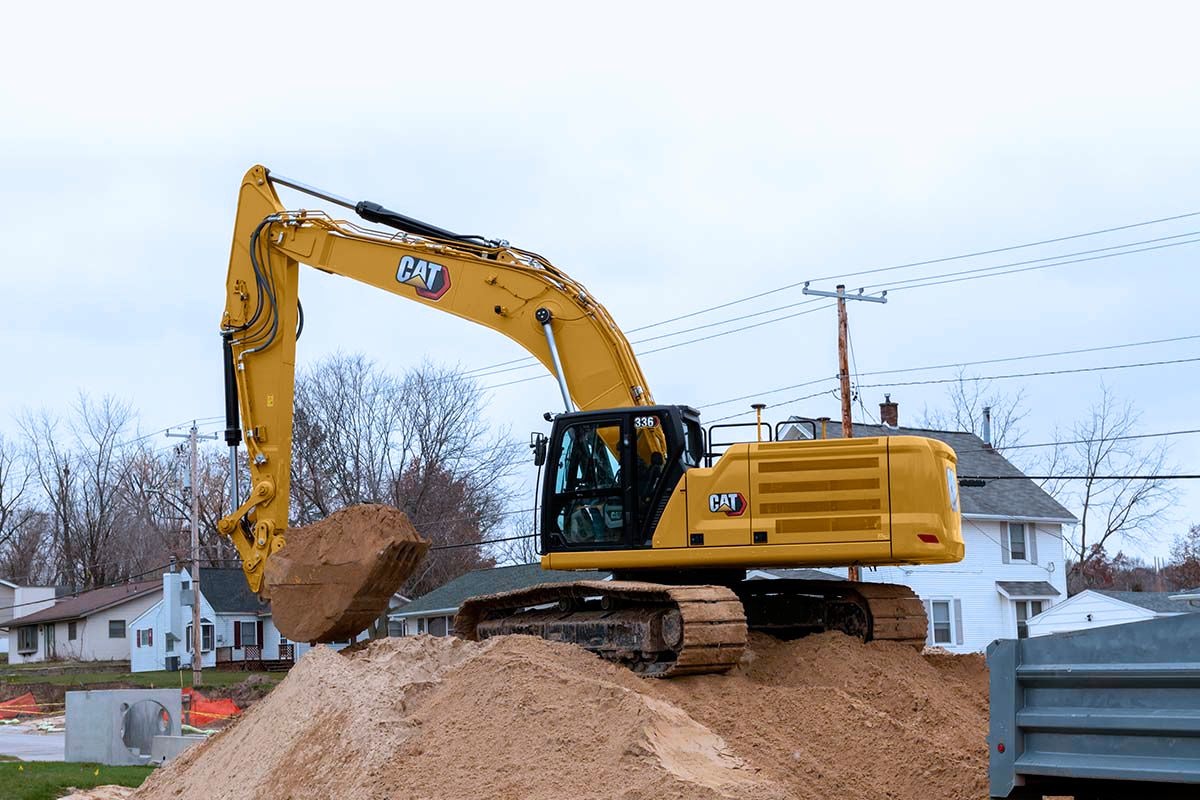Recognizing the Trick Elements to Take Into Consideration When Choosing Tools Rental

Determine Equipment Demands

To properly determine equipment requirements, it is vital to first assess the details requirements of the task handy. This involves a detailed understanding of the task extent, anticipated results, and timeline. By clearly defining these aspects, project supervisors can identify the kinds of tools necessary to accomplish wanted outcomes effectively and effectively.
Next, consider the functional atmosphere and any restrictions that might influence tools selection. Aspects such as site ease of access, surface problems, and neighborhood guidelines can substantially influence the selection of devices. In addition, assessing the skill degree of workers who will certainly run the machinery is essential; customized tools might require experienced operators, which ought to be factored into the total planning.
Moreover, it is essential to ponder the job's range and intricacy. Bigger jobs might demand a lot more numerous or advanced pieces of equipment, while smaller sized tasks could be accomplished with basic devices. All these considerations will guide the decision-making procedure, guaranteeing that the appropriate tools is selected to satisfy project needs, enhance efficiency, and minimize delays. By carrying out a comprehensive evaluation, organizations can enhance their equipment application and attain job goals successfully.
Evaluate Rental Expenses
As soon as the equipment needs have been plainly identified, the next step includes assessing rental prices to ensure budgetary placement and economic expediency. It is important to get detailed pricing information from numerous rental service providers to assist in a thorough contrast. Take into consideration the base rental rate, which frequently varies by equipment brand name, kind, and condition. Additionally, ask about any kind of additional fees, such as shipment fees, insurance coverage, or upkeep expenses, which can substantially affect the general expenditure.
In addition, examine the rental duration, as prices may vary based upon the length of the rental term. Some firms offer discounts for longer service periods, while others may have a minimum rental duration that can impact short-term jobs.
It is also sensible to evaluate the repayment terms and deposit needs, as these can influence cash money circulation. Comprehending the complete cost of ownership, consisting of prospective fines for damages or late returns, is crucial for exact budgeting. By carefully assessing these elements, organizations can make educated choices that align with their monetary abilities while guaranteeing accessibility to the necessary equipment for successful project implementation.
Understand Rental Terms
Understanding rental terms is essential for guaranteeing a effective and smooth equipment rental experience, as they determine the duties and assumptions of both the rental supplier and the customer. These terms usually include numerous crucial elements, consisting of rental period, settlement routines, and late return plans.
Firstly, it's important to know the rental period, which defines the timeframe for which the equipment is readily available. This duration can influence rates, so clear up whether it is a daily, weekly, or monthly rate. construction equipment rentals. Additionally, review payment timetables to comprehend when repayments schedule, consisting of any kind of in advance deposits required
Moreover, familiarize on your own with the late return policy, as this can cause added fees or charges. It's also prudent to check out any type of provisions associated with damage or loss, which describe the consumer's monetary liability in such occasions.
Last but not least, think about the terms concerning termination or alteration of the rental arrangement. A clear understanding of these terms will aid ensure and alleviate potential disagreements that both celebrations are straightened on expectations. By thoroughly evaluating rental terms, consumers can make informed decisions that enhance their total rental experience.
Assess Maintenance and Assistance
Reviewing maintenance and support choices is crucial when leasing equipment, as these aspects substantially affect operational effectiveness and equipment integrity. When selecting a rental provider, it is essential to inquire regarding their upkeep practices and the availability of technical assistance. Properly maintained tools not just reduces the risk of malfunctions yet also enhances efficiency, making certain tasks remain on schedule.

In addition, assess the schedule of technical assistance. Quick accessibility to experienced support the original source personnel can be vital in dealing with concerns that may develop during equipment operation. Make certain that the rental supplier offers comprehensive support options, consisting of on-site support and remote troubleshooting, to promote seamless procedures. By focusing on upkeep and assistance, you can boost your rental experience and guarantee that your job runs smoothly.
Evaluation Vendor Track Record
The credibility of a rental vendor can dramatically influence the general rental experience and project success. A supplier's standing in the market usually mirrors the quality of their tools, service reliability, and client complete satisfaction. Prior to settling a rental arrangement, it is sensible to investigate the vendor's track record with various channels.
Begin by evaluating on the internet testimonies and scores on systems such as Google, Yelp, or specialized industry web sites. Pay close attention to repeating styles in testimonials, particularly concerning equipment condition, client solution responsiveness, and adherence to commitments. Additionally, look for suggestions from peers or industry experts that have direct experience with the supplier.
Engaging with the vendor's previous customers can supply invaluable insights right into their functional practices. A reputable distributor must agree to share referrals and success stories - forklift rental. Take into consideration exactly how long the vendor has been in service, as longevity commonly indicates stability and integrity in the industry.

Conclusion
Finally, a complete understanding of the vital factors affecting equipment rental decisions is vital for effective job implementation. By establishing tools needs, evaluating rental costs, understanding rental terms, analyzing maintenance and heavy duty air compressor rental assistance, and examining vendor track record, one can make educated selections that straighten with task demands. This extensive method not just makes certain ideal excavator remote resource allocation yet likewise enhances overall task effectiveness and efficiency, ultimately adding to effective outcomes in numerous functional contexts.
When taking into consideration devices rental, a comprehensive understanding of vital elements is necessary for making notified choices that straighten with project purposes. By completely reviewing rental terms, consumers can make enlightened choices that enhance their total rental experience.
The credibility of a rental supplier can considerably impact the total rental experience and job success.In conclusion, an extensive understanding of the essential factors influencing tools rental decisions is essential for effective task execution. By determining equipment requirements, evaluating leasing prices, comprehending rental terms, assessing upkeep and assistance, and reviewing vendor credibility, one can make informed options that straighten with task requirements.